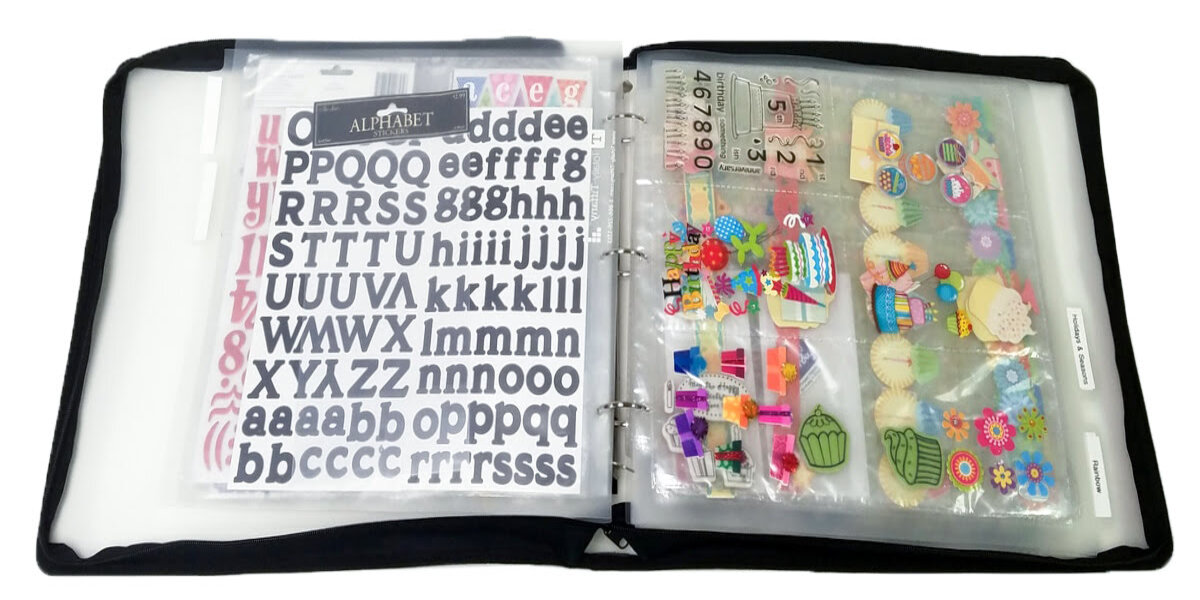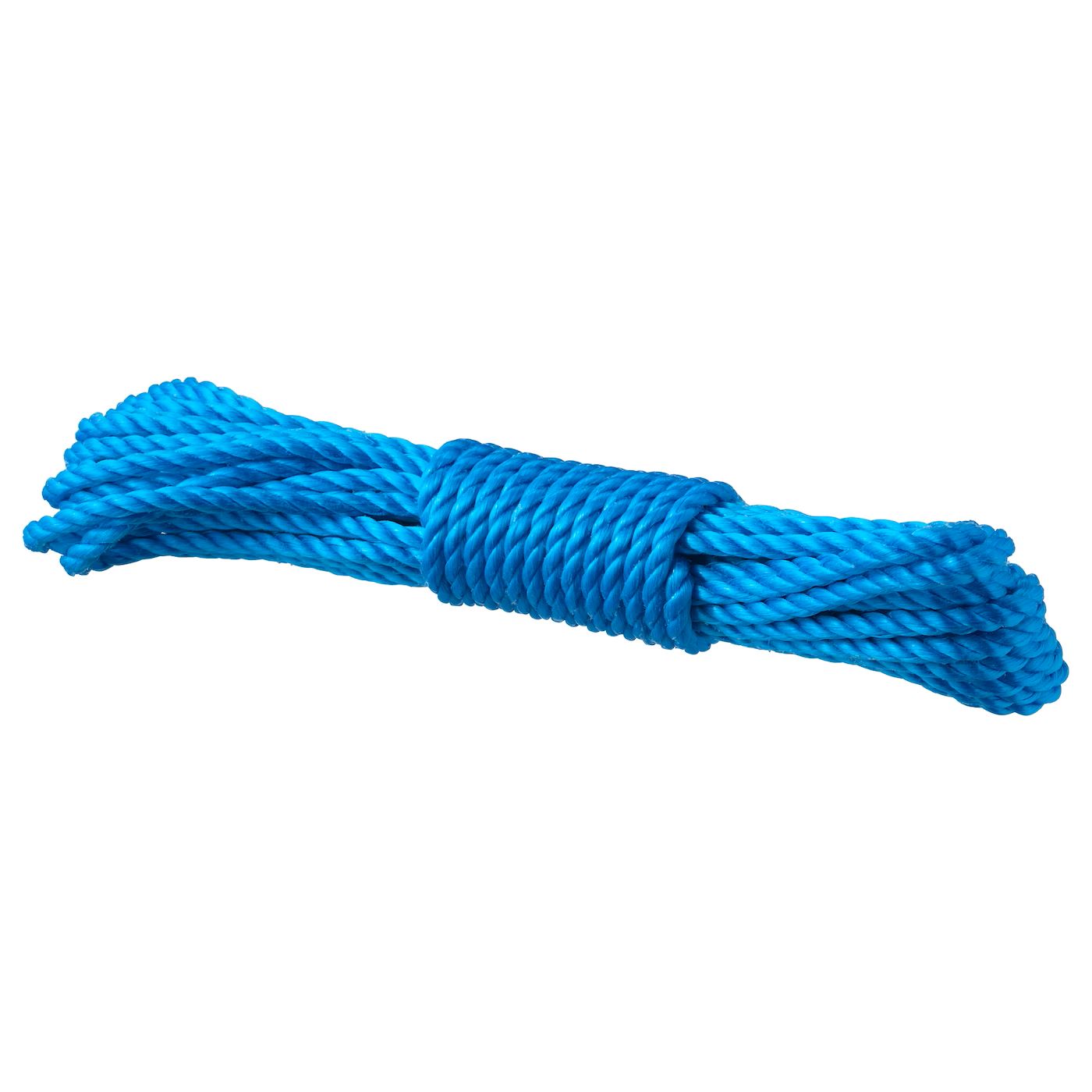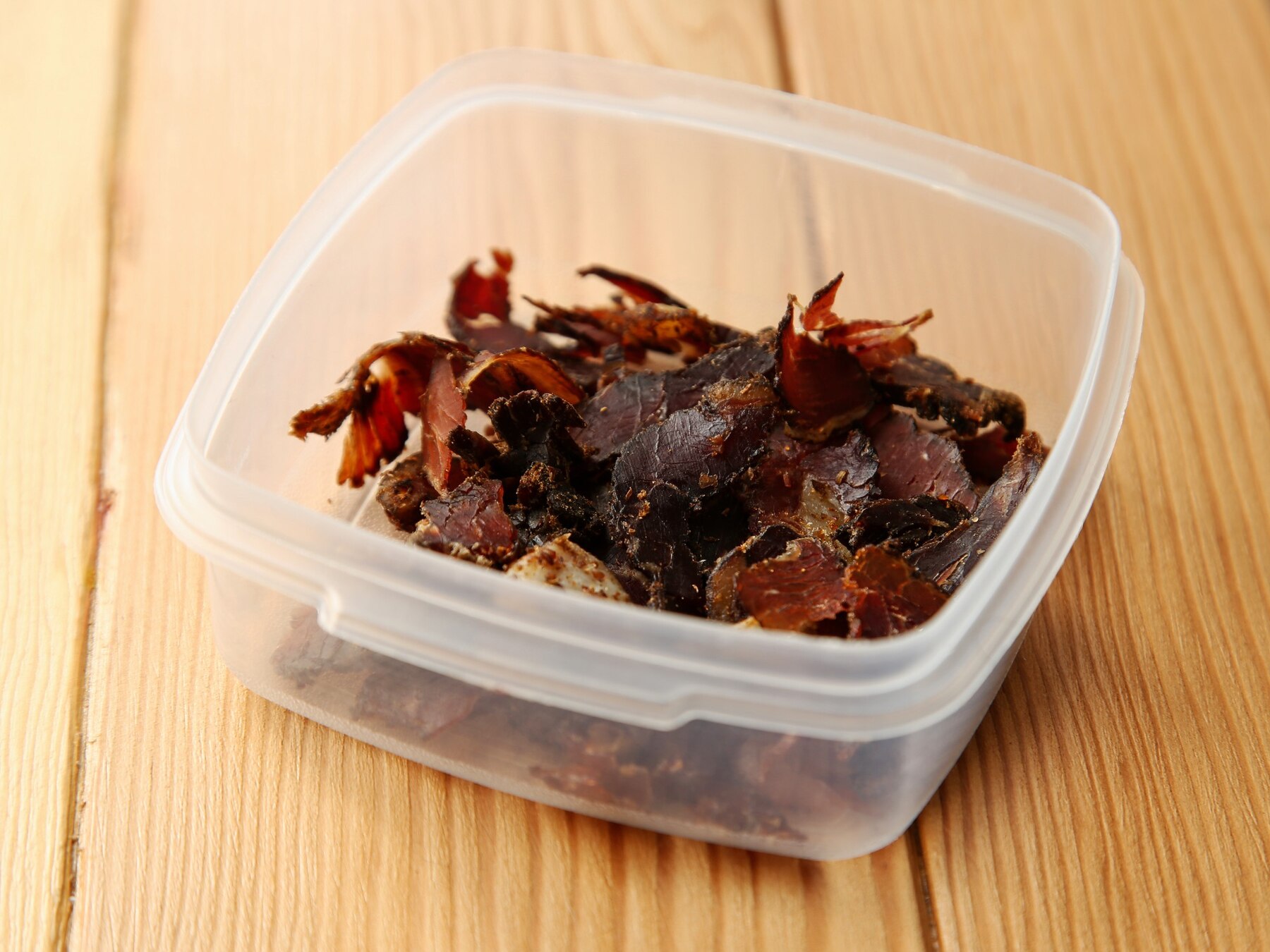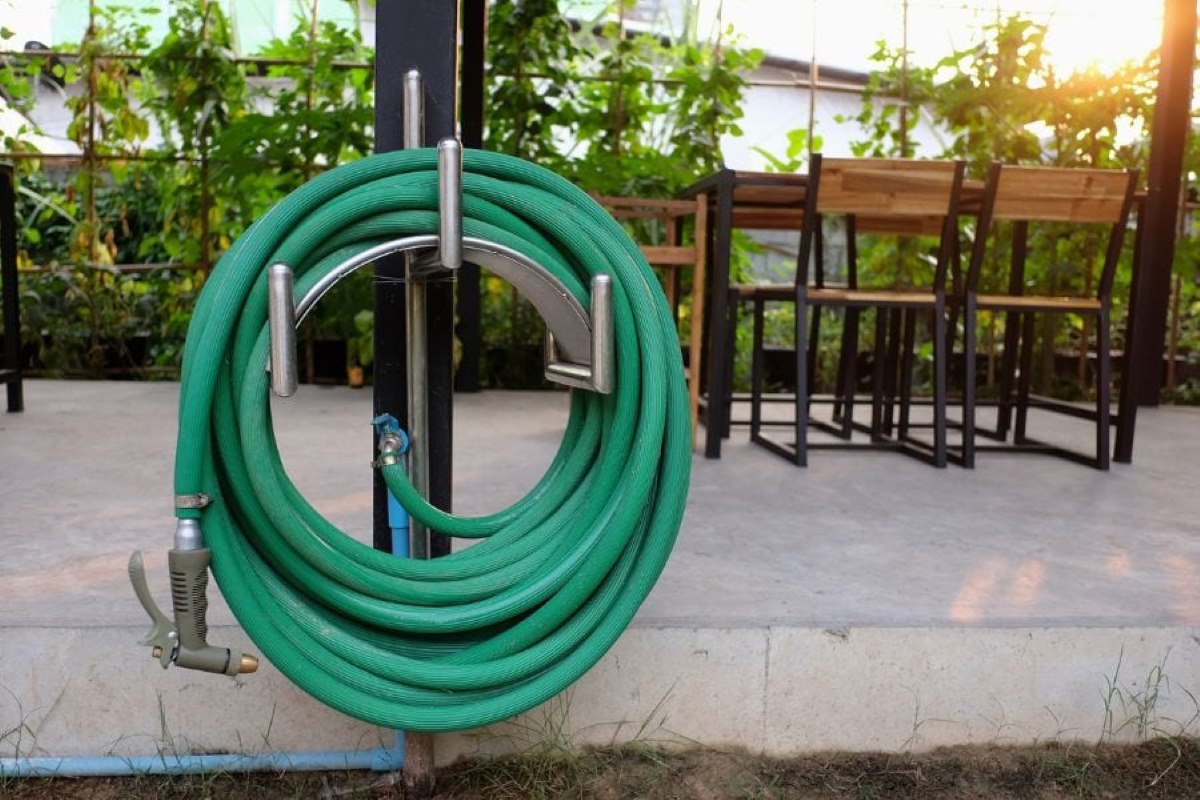

Articles
How To Store Whey
Modified: January 5, 2024
Learn the best methods for storing whey in this comprehensive collection of articles. Keep your whey fresh and ready for use!
(Many of the links in this article redirect to a specific reviewed product. Your purchase of these products through affiliate links helps to generate commission for Storables.com, at no extra cost. Learn more)
Introduction
Whey is a popular and versatile protein derived from milk, widely known for its numerous health benefits. It is commonly used by athletes and fitness enthusiasts to support muscle growth, aid in post-workout recovery, and promote overall wellness. However, to fully enjoy the benefits of whey, it is crucial to store it properly. In this article, we will explore the importance of storing whey correctly and provide you with valuable tips on how to maintain its quality and freshness.
Proper storage of whey is essential for several reasons. Firstly, it helps to preserve the nutritional value of the protein powder. Whey contains delicate amino acids and bioactive compounds that can degrade over time if not stored correctly. By ensuring the right storage conditions, you can retain the potency and effectiveness of these beneficial components.
Secondly, storing whey properly helps to prevent the growth of bacteria and contaminants. Protein powders, including whey, can attract moisture and become a breeding ground for harmful microorganisms if exposed to unfavorable storage conditions. Consuming contaminated whey can lead to digestive issues and other health concerns.
Lastly, proper storage practices can extend the shelf life of your whey protein. Fresh whey not only tastes better but also provides you with optimal results. By implementing the techniques we will discuss in this article, you can maximize the longevity of your whey protein and avoid unnecessary waste.
Now that we understand the importance of proper whey storage, let’s delve into the specifics of how to achieve it. From choosing the right container to maintaining the ideal temperature and humidity, we will cover all the necessary steps to keep your whey fresh, safe, and effective.
Key Takeaways:
- Properly storing whey protein preserves its nutritional value, extends shelf life, and prevents harmful bacteria growth. Choose the right container, maintain ideal temperature and humidity, and avoid contamination for optimal storage.
- To extend whey protein shelf life, buy in smaller quantities, use the oldest first, and keep the container sealed. Consider desiccants, practice good hygiene, and trust your judgment on expiration dates for freshness.
Read more: What Does Grass-Fed Whey Protein Mean
Why Store Whey Properly
Storing whey properly is crucial to ensure its quality, safety, and effectiveness. Here are some compelling reasons why you should pay attention to how you store your whey protein:
- Prolonged Shelf Life: Whey protein, like any other food product, is susceptible to degradation over time. Exposure to heat, light, air, and moisture can lead to the breakdown of key nutrients and the development of off-flavors. By storing whey properly, you can extend its shelf life and enjoy its benefits for a longer duration.
- Maintained Nutritional Value: Whey protein is rich in essential amino acids, which are vital for muscle growth, repair, and overall health. However, these amino acids can degrade under improper storage conditions, resulting in reduced nutritional value. By storing whey in a cool, dry place, you can preserve its nutrient content and ensure that you are getting the most out of your protein supplement.
- Prevention of Bacterial Growth: Whey protein powder is a prime environment for microbial growth if exposed to moisture and warmth. Bacteria and fungi can proliferate in improperly stored whey, posing health risks to consumers. By storing whey in airtight containers and avoiding excessive moisture, you can prevent the growth of harmful microorganisms.
- Fresh Taste and Texture: When stored correctly, whey protein maintains its fresh taste and smooth texture. Proper storage prevents the powder from clumping, which can affect its mixing ability and overall sensory experience. By preserving the quality of your whey, you can enjoy a pleasant and satisfying protein shake or recipe every time.
To ensure optimal storage of whey protein, it is essential to consider factors such as container choice, temperature, humidity, and protection against contamination. In the following sections, we will provide you with valuable insights on how to make informed decisions regarding these aspects and implement the best practices for storing your whey protein.
Choosing the Right Container for Whey Storage
When it comes to storing whey protein, selecting the right container is of utmost importance. The container you choose will play a significant role in preserving the quality and freshness of your protein powder. Here are some factors to consider when choosing a container for whey storage:
- Airtightness: Opt for a container that provides an airtight seal. Oxygen can degrade the quality of whey protein over time, leading to loss of potency and unpleasant flavors. Look for containers with secure lids or caps that create a tight seal, preventing the entry of air.
- Material: Choose a container made of a material that is non-reactive and moisture-resistant. Plastic containers, such as high-density polyethylene (HDPE) or food-grade polypropylene (PP), are popular choices due to their durability and ability to keep moisture out. Glass containers are also a good option as they are non-porous and do not interact with the protein powder.
- Opaque or UV-Resistant: Exposure to light, especially ultraviolet (UV) rays, can degrade the quality of whey protein. To protect against light-induced damage, opt for containers that are opaque or have UV-resistant properties. This will help preserve the nutritional integrity of your whey protein over time.
- Size: Consider the size of the container based on your whey protein consumption. If you go through a large amount of whey protein within a short period, a larger container may be suitable. However, if you only use small quantities or prefer to buy in bulk and store separately, smaller containers may be more practical.
- Ease of Use: Look for containers that are user-friendly and convenient to use. Consider factors such as ease of opening and closing, pouring, and measuring. Some containers come with scoops or measuring cups, making it easier to portion out your whey protein accurately.
By choosing the right container, you can ensure that your whey protein remains fresh, protected from air and light, and free from moisture. This will help maintain its quality, flavor, and effectiveness, ensuring that you get the most out of your protein supplement.
Temperature and Humidity Considerations
Temperature and humidity are two critical factors to consider when storing whey protein. Improper conditions can lead to protein degradation, clumping, and the growth of bacteria or mold. To maintain the quality and effectiveness of your whey protein, follow these temperature and humidity guidelines:
- Temperature: It is recommended to store whey protein in a cool, dry place with temperatures below 77°F (25°C). High temperatures can cause protein denaturation, leading to a loss of structure and functionality. Avoid exposing whey to direct sunlight, as this can elevate the temperature inside the container.
- Humidity: Moisture is the enemy of whey protein. Excessive humidity can cause clumping and the growth of harmful microorganisms. Aim to store whey in an environment with humidity levels below 50%. If you live in a humid climate, it may be beneficial to use moisture-absorbing packets or silica gel packs in the storage container to keep the protein powder dry.
When selecting a storage location for your whey protein, choose a place that meets these temperature and humidity requirements. Avoid storing whey protein in the bathroom or near the stove, where high humidity and temperature fluctuations are common. Instead, opt for a pantry, cupboard, or any dry area in your kitchen.
Furthermore, it is essential to keep the whey container tightly sealed whenever it is not in use. Opening and closing the container frequently can introduce moisture and compromise the protein powder’s quality. Ensure that the lid or cap is properly sealed after each use to maintain an optimal storage environment.
By maintaining the right temperature and humidity conditions, you can preserve the integrity and effectiveness of your whey protein, allowing you to enjoy its benefits for a more extended period.
Store whey in a sealed container in the refrigerator to keep it fresh. It can also be frozen for longer storage. Always check the expiration date and follow any specific storage instructions on the packaging.
Avoiding Contamination of Whey
Contamination of whey protein can occur if proper precautions are not taken during storage. To ensure the safety and quality of your whey, follow these tips to avoid contamination:
- Keep the Container Clean: Before storing whey protein, ensure that the storage container is clean and free from any residues. Wash the container with warm water and mild soap, then rinse thoroughly. Make sure the container is completely dry before transferring the whey protein.
- Practice Good Hygiene: Always wash your hands thoroughly before handling the whey container or scooping the protein powder. This will prevent the transfer of bacteria or other contaminants to the whey protein.
- Use a Scoop or Measuring Spoon: Avoid directly touching the protein powder with your hands, as this can introduce contaminants. Instead, use a clean scoop or measuring spoon to portion out the whey protein. Ensure that the utensil is washed and dried between uses.
- Avoid Cross-Contamination: Do not use the same scoop or spoon across multiple protein powder containers. This can introduce allergens or contaminants from one product to another. Use a separate scoop for each container to avoid cross-contamination. If your whey protein does not come with a scoop, consider using a dedicated measuring spoon for precise portions.
- Do Not Consume Expired Protein Powder: Whey protein has a shelf life, and consuming expired protein powder can be unsafe. Always check the expiration date on the container and discard any whey protein that has expired. Using expired whey protein may lead to digestive issues or other health concerns.
- Store Away from Strong Odors: Whey protein can absorb strong odors from its surroundings. To prevent unpleasant flavor contamination, store whey protein away from strong-smelling substances such as spices, cleaning products, or perfumes.
By following these contamination prevention measures, you can ensure that your whey protein remains safe and free from harmful bacteria or other contaminants. This will protect your health and allow you to fully enjoy the benefits of whey protein without any concerns.
Read more: How To Store Basil From Store
Maintaining Optimum Storage Conditions
To maintain the quality and effectiveness of your whey protein, it is important to establish and maintain optimum storage conditions. Here are some guidelines to help you keep your whey protein fresh and potent:
- Store in Original Packaging: The original packaging of whey protein is designed to protect it from light, moisture, and air. If the packaging is resealable and in good condition, it is best to store the whey protein in it. However, if the packaging is damaged or not resealable, transfer the protein powder to an airtight container.
- Avoid Excessive Opening: Each time you open the container, air and moisture can enter, potentially compromising the quality of the whey protein. Minimize the number of times you open the container by planning ahead and portioning out the whey protein in advance.
- Refrigeration is Optional: Whey protein does not require refrigeration, but it can help extend its shelf life and maintain its freshness. If you choose to refrigerate your whey, be sure to keep it in an airtight container to prevent any moisture absorption and odor contamination.
- Avoid Freezing: Freezing whey protein is not recommended, as it can cause the protein powder to clump and affect its texture and mixability. Additionally, freezing and thawing can introduce moisture, which can lead to protein degradation.
- Keep Away from Heat: Exposure to high temperatures can degrade the quality and effectiveness of whey protein. Avoid storing whey near heat sources such as stoves, ovens, or direct sunlight. Choose a cool, dry place to keep your whey protein.
- Check for Changes in Appearance or Smell: Regularly inspect your whey protein for any signs of spoilage, such as a change in color, texture, or odor. If you notice any unusual changes, it is best to discard the protein powder and replace it with a fresh batch.
By maintaining optimum storage conditions, you can ensure that your whey protein retains its nutritional value, flavor, and effectiveness. This will allow you to enjoy the benefits of whey protein while maximizing its shelf life.
Tips for Extending Whey Shelf Life
Extending the shelf life of your whey protein can help you save money and ensure that you always have fresh and effective protein powder on hand. Here are some tips to help you prolong the shelf life of your whey:
- Buy in Smaller Quantities: When possible, purchase whey protein in smaller quantities to minimize the time it spends in storage. This will help you consume it before it reaches its expiration date.
- Store in the Right Environment: As mentioned earlier, store your whey protein in a cool, dry place away from direct sunlight and excessive heat. This will help preserve its freshness and nutritional value.
- Use the Oldest First: When you have multiple containers of whey protein, practice a first-in, first-out (FIFO) approach. This means using the oldest whey protein first and keeping the newer containers towards the back of your storage area. This ensures that you consume the whey with the closest expiration date first.
- Keep the Container Sealed: After each use, make sure to tightly seal the container to prevent exposure to air and moisture. This will help maintain the quality and effectiveness of the whey protein.
- Consider Using Desiccants: Desiccants, such as moisture-absorbing packets or silica gel, can help absorb any moisture that may be present in the whey protein container. Place them inside the container to help prolong its shelf life by preventing clumping or spoilage.
- Avoid Contamination: Ensure that your hands, utensils, and storage containers are clean when handling whey protein. This helps to prevent the introduction of bacteria or other contaminants, which can accelerate spoilage.
- Re-Evaluate the Expiration Date: Expiration dates are provided as guidelines for optimal freshness and quality. However, whey protein can often remain safe for consumption after the expiration date if stored properly. Use your judgment and sensory evaluation to determine if the protein powder is still suitable for consumption.
By implementing these tips, you can extend the shelf life of your whey protein, ensuring that it remains fresh, potent, and safe for consumption. This will allow you to enjoy the benefits of whey protein for an extended period, minimizing waste and maximizing your investment.
Conclusion
Properly storing whey protein is essential for preserving its nutritional value, flavor, and effectiveness. By following the guidelines and tips outlined in this article, you can ensure that your whey protein remains fresh, safe, and potent for an extended period. Let’s recap the key points:
- Storing whey properly helps maintain its nutritional value, prolongs its shelf life, and prevents the growth of harmful bacteria.
- Choosing the right container, such as an airtight and opaque one, is crucial for protecting the whey protein from exposure to air, light, and moisture.
- Temperature and humidity considerations are important, and storing whey in a cool, dry place with temperatures below 77°F (25°C) and humidity levels below 50% is recommended.
- Avoiding contamination involves practicing good hygiene, using scoops or measuring spoons, and keeping the storage container clean and sealed.
- Maintaining optimum storage conditions includes storing whey in its original packaging or an airtight container, avoiding excessive opening, and refraining from freezing.
- Extending the shelf life of whey protein can be achieved by purchasing in smaller quantities, using the oldest first, and keeping the container sealed.
By implementing these practices, you can enjoy the full benefits of your whey protein supplement, ensure its safety, and minimize waste. Remember to check the expiration date, trust your senses, and use good judgment when determining the suitability of whey protein for consumption.
Now that you have a comprehensive understanding of how to store whey protein properly, you can take the necessary steps to maintain its freshness and effectiveness. By following these guidelines, you can continue to fuel your body with high-quality protein and reap the rewards of your fitness and wellness journey.
So, go ahead and store your whey protein with confidence, knowing that it will be readily available and in optimal condition whenever you need it!
Frequently Asked Questions about How To Store Whey
Was this page helpful?
At Storables.com, we guarantee accurate and reliable information. Our content, validated by Expert Board Contributors, is crafted following stringent Editorial Policies. We're committed to providing you with well-researched, expert-backed insights for all your informational needs.















0 thoughts on “How To Store Whey”